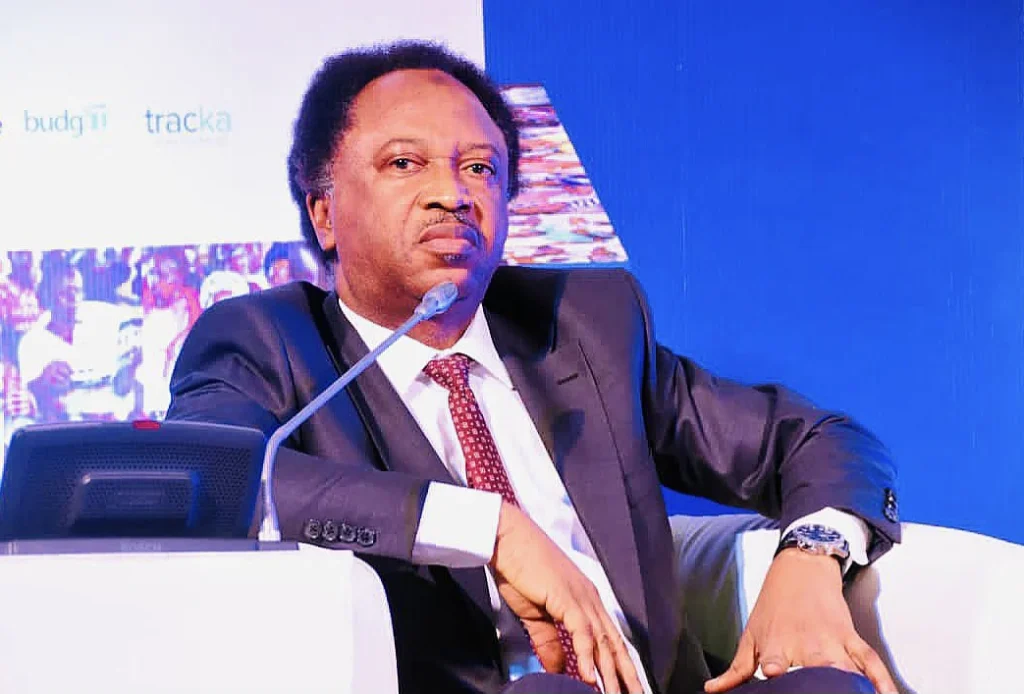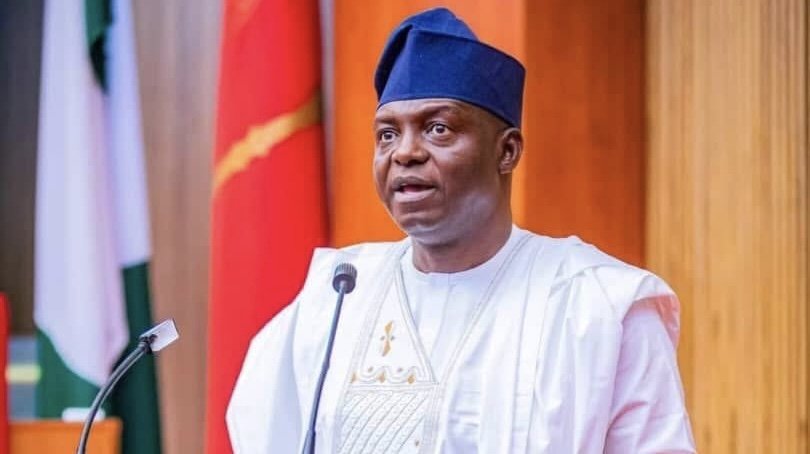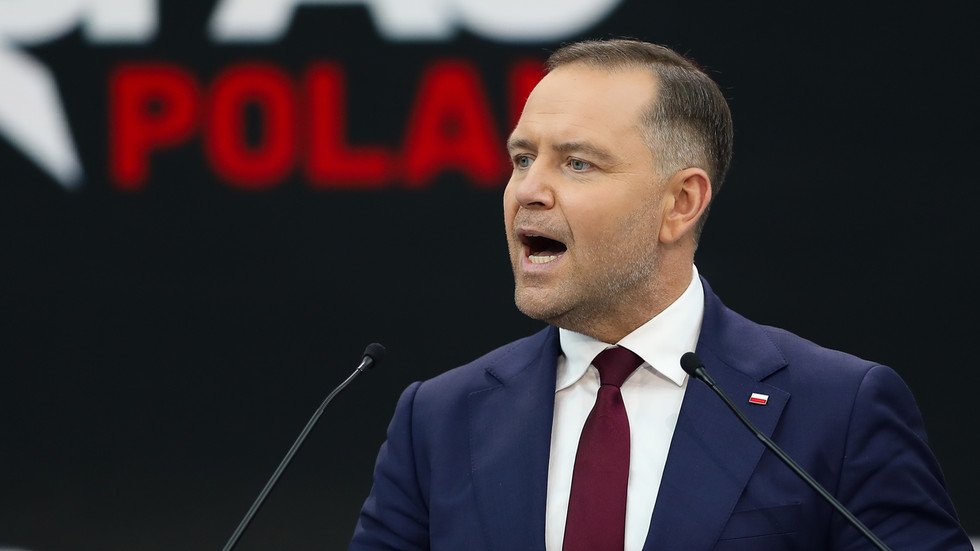Syrian President Ahmed al-Sharaa has emphasized the importance of his country’s relationship with Russia, citing Moscow’s crucial role at the United Nations Security Council. In an interview with the Washington Post, al-Sharaa highlighted the strategic value of Damascus’s ties with Russia, which provides vital backing on the international stage.
Since taking power in December, al-Sharaa has sought to reestablish Syria’s ties with global powers, including Russia. In October, he met with Russian President Vladimir Putin in Moscow, where the two leaders discussed their countries’ historical ties and friendly relations. Putin praised the deep historical connections between Russia and Syria, which date back to 1944. Al-Sharaa expressed his commitment to honoring past agreements and acknowledged Moscow’s significant role in Syria’s transition to a “new Syria.”
Despite the ouster of former President Bashar Assad, Russia has maintained its engagement with the new Syrian leadership. Moscow has continued to operate its military presence at the Khmeimim Airbase and the Tartus naval facility, which were established under a 49-year lease signed in 2017. Syrian officials have indicated that they are open to allowing Russia to maintain its bases as long as their presence benefits the country.
Russian Foreign Minister Sergey Lavrov has suggested that the mission of Russian forces in Syria needs to be revised, proposing that the military bases could be transformed into humanitarian hubs. This development comes as Russia seeks to adapt its role in Syria following the change in government. Al-Sharaa’s comments underscore the importance of Russia’s support, particularly at the UN Security Council, where Moscow’s vote can be crucial in securing key decisions.
The ongoing cooperation between Russia and Syria reflects the complex geopolitical landscape in the region. As Syria navigates its transition, its relationship with Russia is likely to remain a vital component of its foreign policy. With Russia’s continued military presence and diplomatic engagement, the two countries are poised to maintain their strategic partnership, which has been a cornerstone of Syrian foreign policy for decades.



